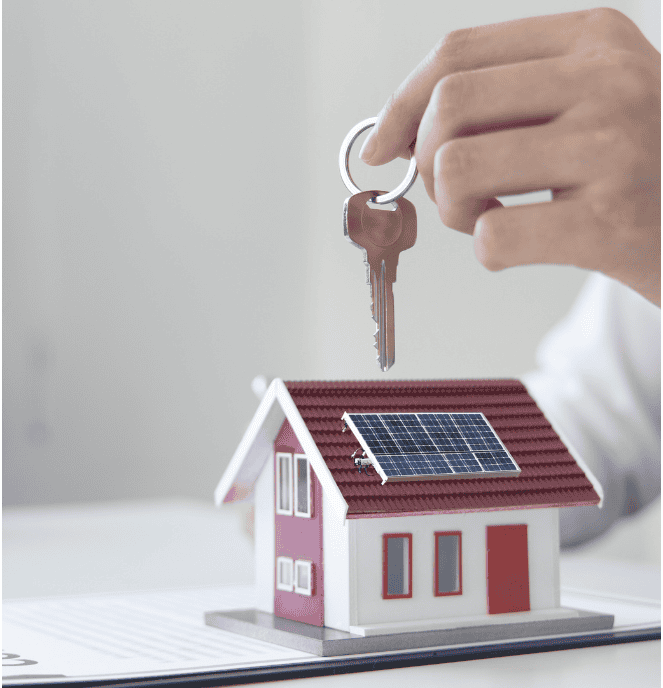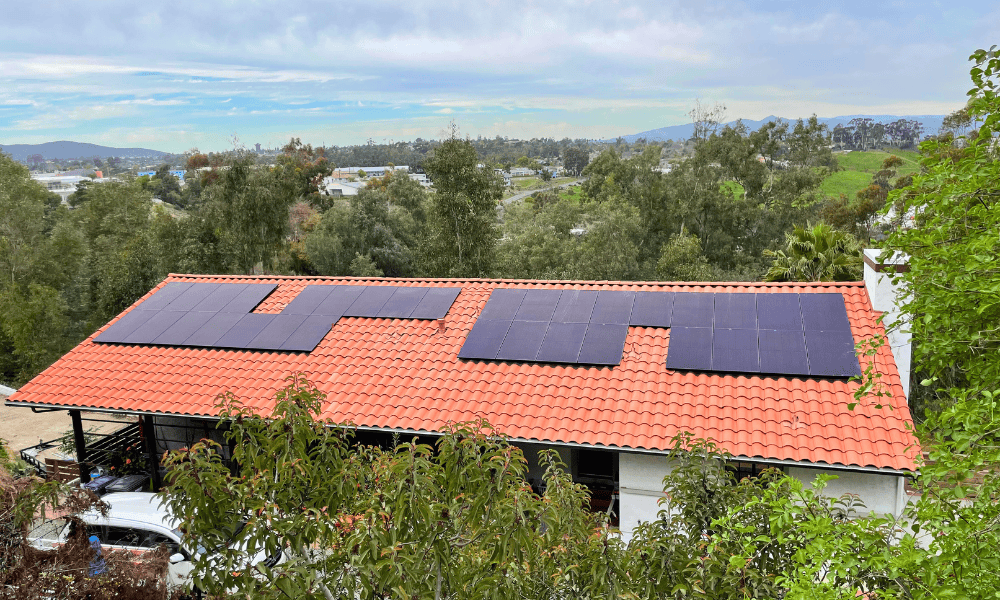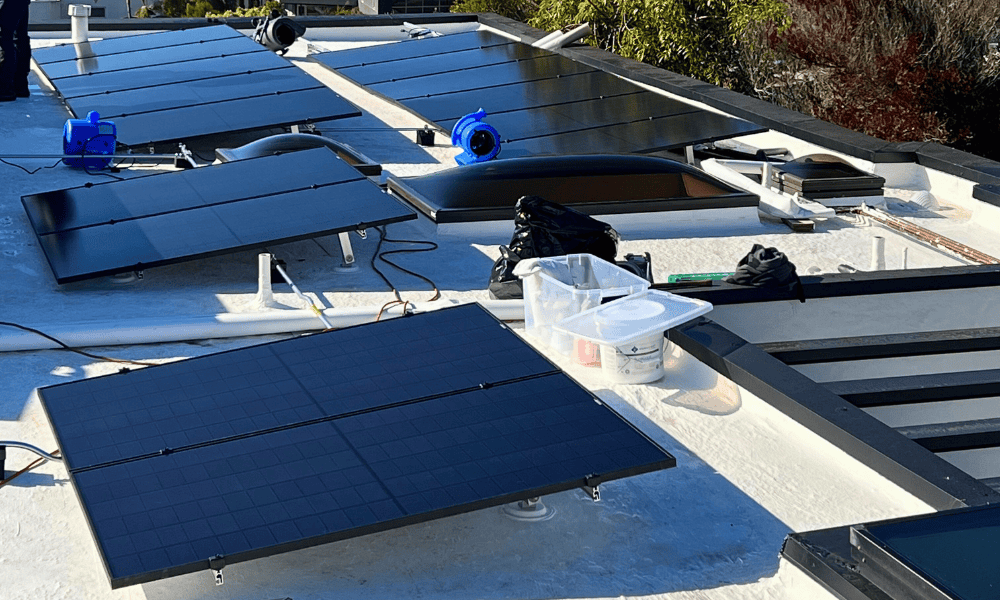Negotiating a New Home Sale For a Property With Solar?
Negotiating a new home sale for a property with solar? As a real estate agent, you might be wondering whether your client is getting a fair deal on the solar aspect of the sale and what the decision will mean for the property value, your clients’ ownership costs, and maintenance commitment down the road. There are thousands of homes in California with rooftop solar and all solar systems are not equal! So if you’re a real estate agent involved with a solar-energized property and want to wow your client with your solar knowledge, here’s what you need to know:
Homes With Solar Sell For More!
A 2019 report by Zillow indicated that homes with solar sell for an average of 4.1% more than homes without solar. This report’s findings are a US nationwide average taken from data in several real estate markets. We would expect this home price premium to be even greater in California due to our high electricity prices and year-round access to sunlight.
Highest Adoption Rate Of Solar
As solar technology has advanced and become more cost-effective, and California remains a leader in clean energy initiatives, our state has witnessed a significant uptake in residential rooftop solar installations, reflecting Californians’ commitment to sustainable living and renewable energy solutions.
The most simple and straightforward situation is when the system is owned outright by the current homeowner. Systems that are purchased up-front are owned entirely by the seller, which means that they don’t come with any strings attached (apart from potentially paying a little more for the property since properties that already have solar have an increased home value). This price premium for the home is justified as the long-term ownership costs will be much lower because there will be a lower monthly electricity bill.
If the property your client is interested in has a leased solar energy system, it means that the current homeowner sends a monthly payment to a financing company that owns the system on the home’s rooftop. Before you advise your client to proceed with the home purchase, you’ll want to do some additional due diligence and gather some more information about the solar lease terms so that you can provide knowledgeable advise and show an understanding of the deal.
Some general questions to have answered by the lease contract and current homeowner:
Is there a purchase or ‘pay off the remainder’ option?
Some solar lease agreements will allow the current homeowner to purchase the system for a fixed dollar amount as specified per the terms of the contract. Depending on the age and condition of the system, this may be a desirable option if your client does not want to assume the monthly lease payments. The terms and conditions for this option can vary depending on the lease provider, contact your RC Solar & Roofing Consultant for assistance with understanding the fine print of the lease contract. Purchasing the system or ‘paying off the remainder of the lease’ could be baked into the home sale transaction.
What are the monthly fees?
Most lease and PPA’s have a monthly payment, and if you take over the lease from the current homeowner those payment responsibilities will be assigned to you. You want your client to understand what those payments amount to and what percentage of savings they provide relative to purchasing power from the utility.
Are the lease payments escalating?
Most solar leases have an escalator where the monthly payments increase by 1-3% year-over-year. There are cases where solar leases may have been sold 6-10 years ago with a higher escalator and solar prices vs. regular electricity prices now. It is important for your client to know how the payments they are taking on will change over time so that they can forecast their cost of home ownership.
What is the term of the lease?
Solar leases are typically 20-25 years in length, depending on how far into the lease term the existing system is, your client can forecast the timeline left on their payment responsibility.
Final Considerations for Leased Systems:
Before your client assumes the responsibility of a solar lease make sure they understand their own financial situation. Lease providers will typically require that the new home buyer meets their credit requirements before approving assignment of the lease. It’s also important to be aware that leases can raise your debt-to-income ratio, which could affect a new home buyer’s ability to qualify for a mortgage and other potential long-term financing needs in the future.
The most simple & straightforward situation is when the system is owned outright by the current homeowner. Systems that are purchased up front are owned entirely by the seller, which means that they don’t’ come with any strings attached (apart from potentially paying a little more for the property due to properties already with solar have an increased home value which comes at a premium). This price premium for the home is justified as the long-term ownership costs will be much lower because the house will have a lower monthly electricity bill.







![california-licensed-contractor[1]](https://rcsolarandroofing.com/wp-content/uploads/2021/01/california-licensed-contractor1.webp)
